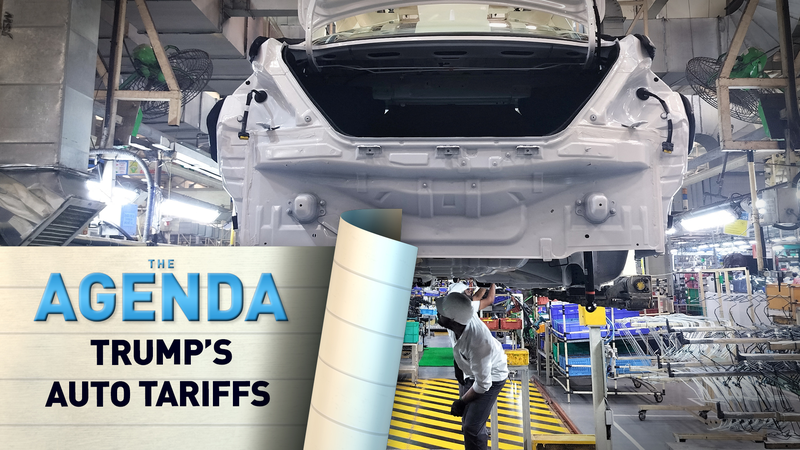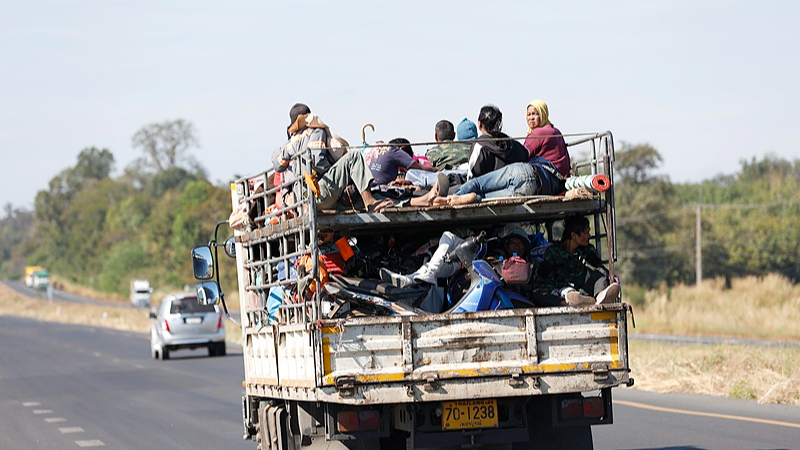It was a bold declaration: from April, all cars imported into the U.S. would face a 25% tariff, with a matching levy on parts kicking in come May. U.S. President Donald Trump insisted these charges were \"permanent,\" but the lines quickly blurred as his trade stance evolved.
Global automakers now confront a maze of uncertainty. Could higher duties spark price hikes that stall sales? Will supply chains fragment under the weight of new costs? To unpack the landscape, The Agenda host Juliet Mann brought together three leading voices.
Dan Hearsch, leader of the Americas Automotive Practice at AlixPartners, points to a possible shake‑up in factory footprints. \"Automakers may rethink where they build cars and source parts,\" he says, warning that retooling production lines takes time and investment.
Germany’s own industry voice, Burkhard Riering of Automobilwoche, zeroes in on Europe’s stake: \"With nearly a third of all U.S. car imports coming from EU brands, the bloc could see its exports dip—unless companies pivot swiftly to local assembly or strike new trade deals.\" Riering highlights that beyond tariffs, the market is already shifting toward electrification and digital services.
Meanwhile, Zhang Yu, managing director of Automotive Foresight, underscores the long game: \"Emerging markets stand to gain if U.S. duties linger. Manufacturers chasing growth may accelerate investment in Southeast Asia, Latin America or other hubs to sidestep high tariffs.\"
At stake is more than just sticker prices. From microchips and metal stamping to dealer networks and after‑sales support, every link in the chain could feel the shock. Consumers might pay more, but the bigger question is whether the industry’s global flow will splinter into regional clusters.
For young global citizens, entrepreneurs, and tech enthusiasts watching from around the world, the auto tariffs are a front-row lesson in how trade policy can reshape industries overnight. As talks continue and policies twist, one thing remains clear: in today’s interconnected economy, no car market exists in isolation.
Reference(s):
cgtn.com



